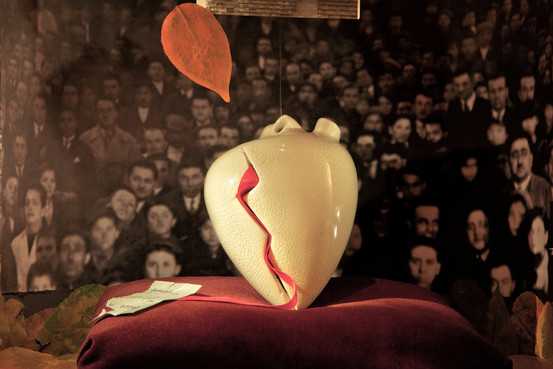By Orhan Pamuk (2003)
5 Orhan Pamuk has written, for most of his life, at a desk overlooking both Asia and Europe—and the bridge over the Bosporus that links them—and all his work is about the identity of people close enough to the West to realize just how far away they remain. But none of Pamuk’s intricate novels has quite the emotional directness and poignancy of this memoir in disguise. Roaming around the back streets and forgotten corners of his beloved hometown, he takes us into its very heart—of melancholy and neglectedness—and tries to rescue its secrets from the many notions that foreigners have projected upon it. As the latest rap song from some Hollywood blockbuster overlaps with the call to prayer outside his window, Pamuk cannot turn away from the so-called clash of civilizations. But in “Istanbul” he gives us his most rooted and soulful work, asking us what it is to have a home and providing us with the most haunting, heartfelt travel book of our young global century.

Refik Anadol
An exhibit at Istanbul’s Museum of Innocence, created by Orhan Pamuk to chronicle the city’s life during the era evoked by his novel of the same name. Its collection is documented in ‘The Innocence of Objects’ (Abrams, 272 pages, $35).
via Book Review: The English Patient | The Quiet American | Ghostwritten | Fugitive Pieces | Istanbul – WSJ.com.